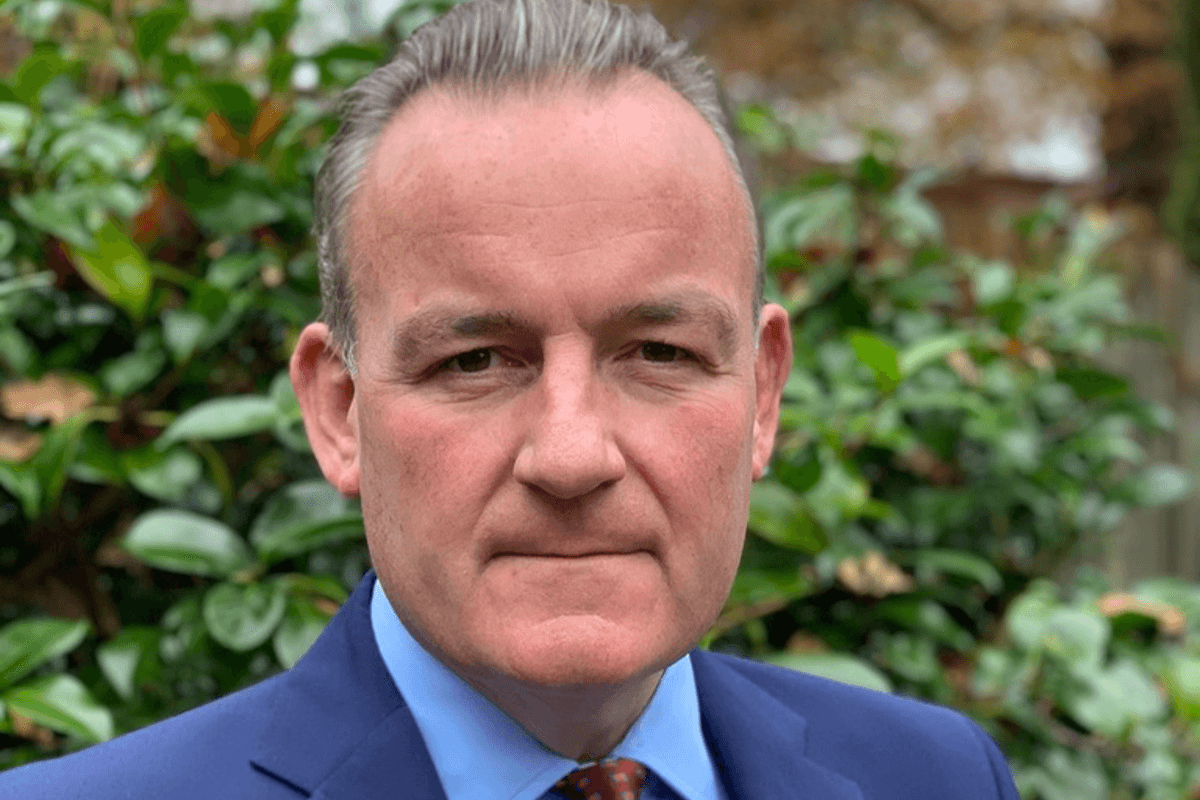Social care leaders have urged the government to act more quickly to reform the sector, as a new report highlighted the ongoing financial pressures faced by providers.
An annual survey of organisations responsible for the care of 128,000 people in England found providers who had handed back contracts to local authorities and considering leaving the market entirely, while others said they had been forced to close parts of their organisations,
Budget Changes
The authors note that the pressure will have been ramped up further as the survey took place before the October Budget, in which Chancellor Rachel Reeves announced an increase in the rate of employers’ national insurance contributions (NICs).Hft and Care England called on the government to either fully fund the increase to wages and national insurance or to exempt care providers entirely, saying delays are pushing more providers out of the sector and leaving more people “without the support they need.”
‘Unnecessary’ 3 Year Wait
Earlier this month, Health Secretary Wes Streeting announced the launch of an independent commission on building a National Care Service (NCS).Led by Baroness Louise Casey, the commission will begin its work in April and publish an interim report next year, but final proposals are not due until 2028.
Hft and Care England both said they are willing to work with the Casey commission, but called on the government to publish a plan by the end of this year.
Steve Veevers, chief executive of Hft, said: “The sector can ill afford a lengthy process to identify the solutions.
“The evidence is already clear. This year’s Sector Pulse Check is the next critical step for outlining clear, actionable solutions.
Migrant Visa Restrictions
Among its other recommendations, the report called for the ban on international social care workers being allowed to bring dependants with them to be scrapped, and for local authorities to have mandatory timelines by which to make payments for care, with penalties for delays.
Care England Chief Executive Professor Martin Green said providers are facing “impossible choices: absorbing unsustainable costs, changing their care models, cutting back on services, or shutting their doors entirely.”
He warned that without “immediate intervention, the consequences will be devastating for those who rely on care every single day.”
Green wrote: “We are ready to work alongside Baroness Casey and the government to turn this commission into a catalyst for genuine change.
“But let’s be clear: the status quo is no longer an option. Every delay, every failure to act, pushes more care providers out of the sector and leaves more people without the support they need.”
Call for Consensus
Liberal Democrat leader Sir Ed Davey raised the matter with Prime Minister Sir Keir Starmer in the House of Commons last week, urging him to make 2025 “the year we finally rise to the challenge of fixing care.”Starmer said in response that he wanted “cross-party consensus” on the issue and noting the social care and disability funding announced in the Budget as well as an increase to the carer’s allowance for those who care for family members at home.
But the prime minister did not commit to a new timetable for the commission, which is split over two phases, with the first due to report to Starmer in mid-2026.
A statement from the Department of Health and Social Care given to PA Media said, “We are taking action now by increasing funding to allow disabled people to stay in their homes, boosting the carers allowance, professionalising the workforce and making available up to £3.7 billion extra for social care authorities in 2025-2026, including an £880 million increase in the social care grant.”







